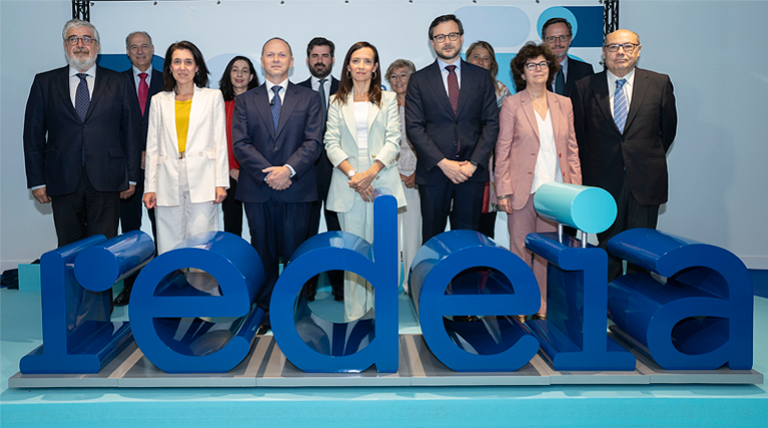Somos un gestor global de infraestructuras esenciales de electricidad y telecomunicaciones
In this project an innovative technique is used that consists of a process whereby seeds of this plant are grown and germinated under laboratory conditions and also plant sections resulting from natural fragmentation are cultivated and then subsequently used for replanting in degraded areas of their natural habitat. The replanting is performed using different types of substrate in order to determine which ground is best for the growth of the plant, and regular monitoring is carried out to determine the survival rate and extent of growth of each plant.
Project Goals
- Promote the conservation of biological diversity, preserving a species that is essential for the sustainability of Mediterranean marine ecosystems.
- Encourage research, development and use of new technologies and processes, in order to avoid or minimise environmental impacts.
- Adopt a commitment against climate change.
RGI's 'Good Practice of the Year' Award
On 1 June 2017, the Renewables Grid Initiative (RGI) awarded Red Eléctrica the 'Good Practice of the Year' award in the Environmental Protection category for the Company’s project for the recovery of Posidonia oceanica meadows.
With this technique developed by Red Eléctrica large areas of Posidonia oceanica can be recovered, reversing the degradation of this seagrass species endemic to the Mediterranean and helping in the preservation of an underwater plant that is fundamental for marine life, water quality and the fight against climate change, as it constitutes the sea’s main carbon sink.














